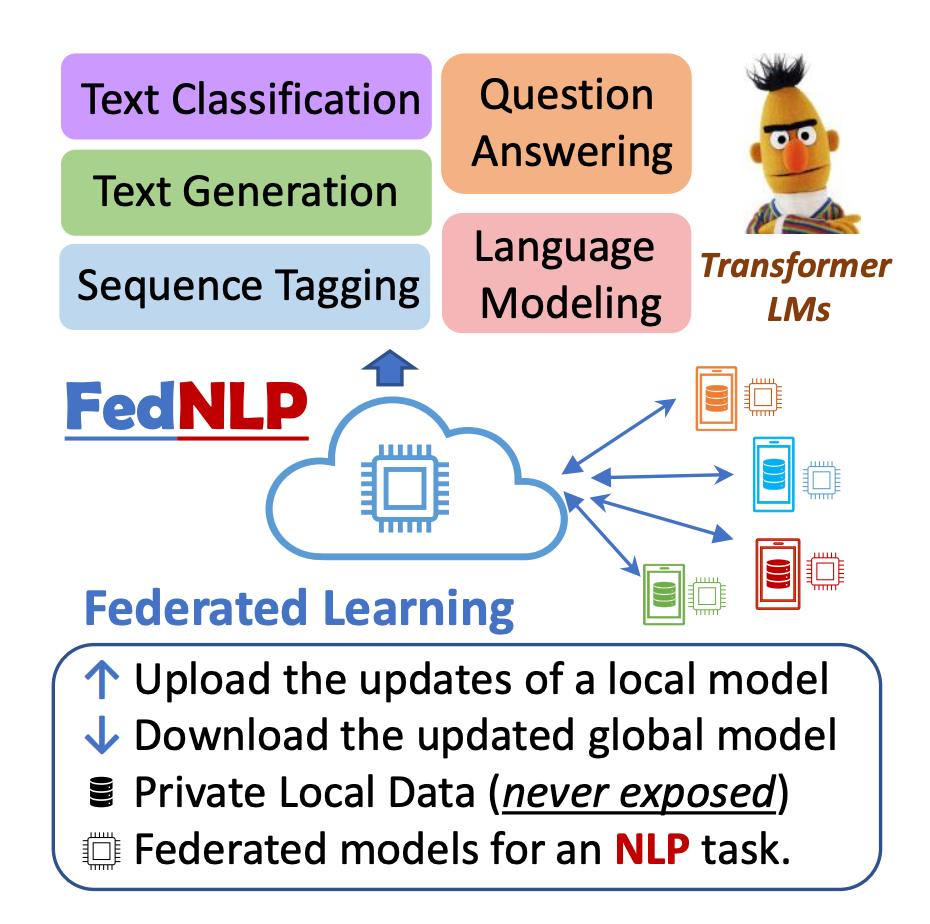In a dire announcement that echoes the pressing concerns of our time, the Bulletin of Atomic Scientists revealed that Earth, for the second consecutive year, is hurtling towards an apocalyptic scenario. The renowned “Doomsday Clock,” serving as a symbolic representation of the world’s proximity to global catastrophe, now ominously stands at 90 seconds to midnight. This unsettling revelation underscores the gravity of various existential threats, including nuclear tensions, climate-related disasters, and the looming dangers posed by generative artificial intelligence.
For the second year in a row, the Bulletin’s annual assessment paints a bleak picture, pointing to ongoing geopolitical conflicts and a myriad of interconnected global challenges. Rachel Bronson, the CEO of the Bulletin group, expressed heightened concern over the unrelenting risks that persist, shaping the present and future of humanity. The announcement serves as a stark reminder that urgent action is imperative to reverse the ominous trajectory laid out by the Doomsday Clock.
The unsettling landscape of existential threats
The ticking of the Doomsday Clock to 90 seconds to midnight is a testament to the multifaceted challenges that threaten the very fabric of human existence. One major focal point is the nuclear threat emanating from Russia’s involvement in the war on Ukraine, as well as the recent escalation of geopolitical tensions exemplified by the October 7 attack in Israel and the ongoing conflict in Gaza. These events have further intensified global concerns about the potential for nuclear warfare, bringing humanity perilously close to the brink.
Simultaneously, the world grapples with the escalating impacts of climate change, manifesting in increasingly severe climate-related disasters. The Bulletin of Atomic Scientists underscores the link between these environmental catastrophes and human activities, emphasizing the urgent need for collective action to mitigate the adverse effects and secure a sustainable future.
Also, the Doomsday Clock’s ominous countdown draws attention to the perilous realm of generative artificial intelligence (AI). As technological advancements continue at an unprecedented pace, the Bulletin raises alarms about the potential dangers posed by AI systems that could autonomously generate destructive outcomes. The convergence of these existential threats demands a global response that transcends borders and political differences.
A call for global collaboration
The Bulletin of Atomic Scientists issues a poignant call for collaboration and collective action to wind back the hands of the Doomsday Clock. The annual assessment emphasizes the pivotal role that influential nations, such as the United States, China, and Russia, play in steering the trajectory away from catastrophe. Urgent diplomatic efforts and cooperative measures are essential to address the root causes of nuclear tensions, curb climate change, and regulate the development of AI technologies with a focus on ethical considerations.
While acknowledging the gravity of the situation, the Bulletin maintains a glimmer of hope, asserting that the clock can be turned back if nations unite and leaders take decisive actions. The responsibility falls on the shoulders of global powers to set aside differences and prioritize the collective well-being of humanity.
Doomsday Clock – A critical crossroads for humanity
As the world grapples with the unsettling reality of the Doomsday Clock inching closer to midnight, one cannot help but ponder the trajectory of our collective future. The interconnected nature of nuclear threats, climate disasters, and the rise of artificial intelligence demands a paradigm shift in global cooperation. Will nations rise to the occasion and collaboratively work towards winding back the ominous clock, or are we truly on the brink of a catastrophic unraveling? The urgency of this moment requires introspection, decisive action, and a commitment to securing a future where the hands of the Doomsday Clock move away from the precipice of midnight.





